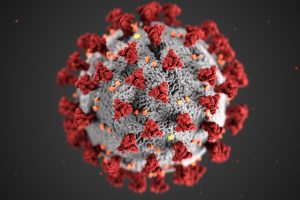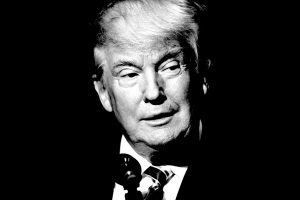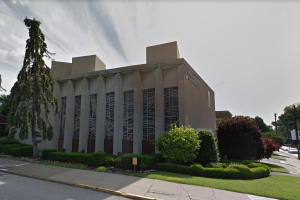Puerto Rico is holding a plebiscite – also known as a referendum – on Sunday, June 11, to let citizens voice their opinion on the island’s political status with the United States, a move that Governor Ricardo Rossello hopes will end with the island becoming the 51st state of the union.
Puerto Rico became a Commonwealth of the U.S., and an unincorporated territory, with the ratification of its constitution on July 25, 1952.
Puerto Rico is exempt from paying U.S. federal income tax, but still pays Medicare, Social Security and various local taxes while it receives less federal funding than the U.S. states do. Meanwhile, the island is suffering through a massive economic crisis.
What’s on the ballot?
Voters will be presented with three options: Statehood; Independence/Free Association; and Current Territorial Status.
A copy of the ballot in both Spanish and English can be found here.
What would voting for each option mean, according to the ballot?
Statehood: Submitting a request to the U.S government to admit Puerto Rico as a state with equal rights and duties, with congressional representation and a permanent union with the U.S.
Free Association/Independence: Voicing an opinion to the Puerto Rican government for free association from the U.S. with specific terms agreed upon between the two countries, recognizing the sovereignty of Puerto Ricans; then proclaim independence from the U.S.
Current Territorial Status: Letting the Puerto Rican government know the voter wishes to keep Puerto Rico as an unincorporated territory of the U.S.
U.S. response
Initially, the Puerto Rico State Elections Commissions had left “Current Territorial Status” off the ballot, which prompted the U.S. Department of Justice to deny the ballot as it was.
The DOJ sent a letter to Governor Rossello in April citing “several ambiguous and potentially misleading statements” that could hinder voters from making informed decisions.
The DOJ requested that the option of retaining the island’s current status as a territory be added to the ballot in order to “accurately reflect the current popular will of the people.”
Boycotts planned
Two of Puerto Rico’s political parties are planning boycotts against Sunday’s plebiscite. The Popular Democratic Party, which supports the current status quo, and the Puerto Rican Independence Party, which supports independence or free association, claim the plebiscite is a waste of time.
Because of this, it’s expected that “Statehood” may win the plebiscite, according to local political analysis Wilda Rodríguez, which may not accurately reflect the opinions of all citizens. She also criticized the money being spent on it while the island suffers an economic crisis.
“This is costing a lot of money, between eight to 11 million dollars at a time when the island is in the middle of an economic crisis. We’re in the middle of drastic budget cuts to deal with the multi-billion dollar debt, such as closing schools, cutting pensions, but yet there’s money for this. This is nothing more than political theater and a distraction.”
Wilda Rodríguez
United Nations recommendations
The United Nations’ Special Committee on Decolonization released a 2016 report calling on the U.S. to expedite a process to allow Puerto Ricans to exercise their right to self-determination and independence.
The report referred to Puerto Rico as a nation due to its citizens having their own national identity, despite its status as a U.S. territory.
The UN report also called on the U.S. to move along with a process to let Puerto Ricans “take decisions in a sovereign manner, and to address their urgent economic and social needs, including unemployment, marginalization, insolvency and poverty.”
Opinion poll
An opinion poll published by El Nuevo Dia showed that 52% of respondents favor Statehood, 17% in favor of retaining the current territorial status, and 15% for independence. A further 9% said they would not vote and 7% did not know how they would vote or declined to answer.
The poll of 1,000 people was conducted between May 24 and 26.
Past plebiscites
The U.S. Congress called for a plebiscite in 1967 to ask the Puerto Ricans if they preferred to maintain the status quo, become a state, or be independent. The status quo option won.
Similar plebiscites were held in 1993, 1998 and 2012. There was a vote on a constitutional amendment in 1991, but it failed to pass. Congress has not been involved with the plebiscites since 1967.
The most recent plebiscite in 2012 asked a two-part question on the ballot. First, if Puerto Rico should continue to have its current status as a territory, and second, it asked if the voter preferred Statehood, Independence or Sovereign Free Associated State.
However, the ballot allowed voters to answer both questions, regardless of their first answer.





